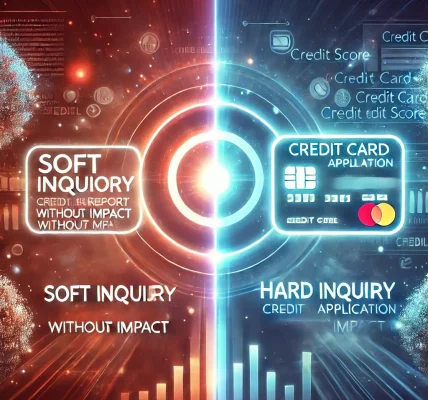A good credit score is essential for securing loans, credit cards, and even rental agreements. If your credit score is less than ideal, don’t worry—there are effective strategies to boost it. Here are 10 proven ways to improve your credit score and maintain a strong financial profile.
1. Check Your Credit Report Regularly
Start by reviewing your credit report from bureaus like CIBIL, Experian, or Equifax. Look for errors such as incorrect personal details, duplicate accounts, or fraudulent activities. Dispute any inaccuracies to improve your score.
2. Pay Your Bills on Time
Your payment history accounts for a significant portion of your credit score. Ensure that you pay all your bills—credit card dues, EMIs, and utility bills—on time to maintain a good score.
3. Reduce Your Credit Utilization Ratio
Credit utilization is the percentage of your credit limit that you use. Aim to keep your credit utilization below 30% to show lenders that you manage credit responsibly.
4. Avoid Applying for Multiple Loans or Credit Cards
Each time you apply for a new loan or credit card, a hard inquiry is made, which can temporarily lower your credit score. Limit applications to prevent unnecessary negative impacts.
5. Increase Your Credit Limit
Requesting an increase in your credit limit (without increasing your spending) can help lower your credit utilization ratio, which positively impacts your credit score.
6. Maintain a Mix of Credit Accounts
Having a diverse credit portfolio, including credit cards, personal loans, and home loans, shows lenders that you can manage different types of credit responsibly.
7. Avoid Closing Old Credit Accounts
The length of your credit history affects your score. Even if you no longer use an old credit card, keep it open to maintain a longer credit history and better score.
8. Consolidate Your Debt Wisely
If you have multiple debts, consider consolidating them into a single loan with a lower interest rate. This makes repayments manageable and improves your score over time.
9. Negotiate with Lenders for Better Terms
If you’re struggling to make payments, contact your lenders to negotiate lower interest rates or extended repayment periods. This helps you avoid defaults and score reductions.
10. Be Patient and Consistent
Improving your credit score is a gradual process. Consistently practicing good financial habits will lead to a higher score over time.
Final Thoughts
A strong credit score opens doors to better financial opportunities. By following these strategies, you can steadily improve your score and secure a brighter financial future. Stay disciplined, monitor your progress, and enjoy the benefits of good credit health!




